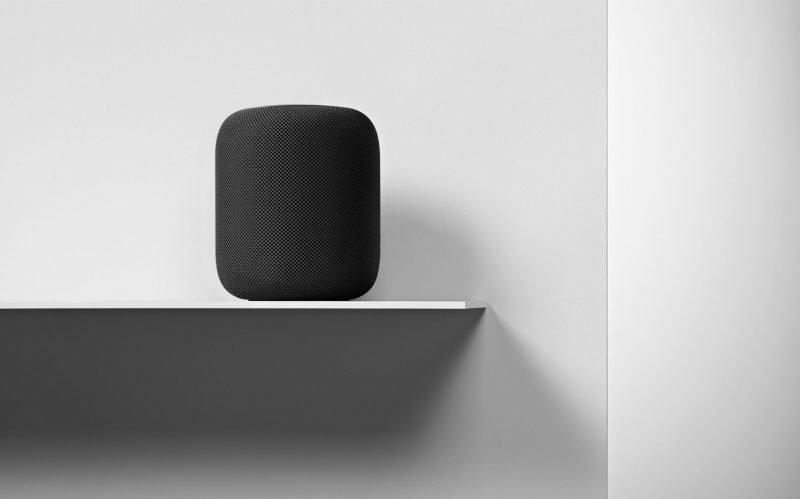HomePod Disables Calendar, Messages, Notes, and Reminder Features When Owner Isn't Home, But Apple Music Account Remains AccessibleEarlier this week Apple
announced the official HomePod launch date and revealed more details about the Siri-equipped smart speaker, including a
built-in speakerphone feature and support for third-party music app streaming via peer-to-peer AirPlay, both of which anyone in the home can use. However, Apple has yet to adequately clarify the extent of its multi-user functionality with regards to Apple Music and other iCloud integrations, leaving many readers wondering if the HomePod is the right fit for their home.

In possibly the first hands-on HomePod report since Apple's launch date announcement,
Refinery29 on Wednesday shed further light on the device's multi-user capabilities. According to the article, many of Siri's personal assistant features can only be tied to the individual iCloud account used to set up the HomePod. These features can be
manually disabled by the account holder, but they also appear to be automatically disabled when said account holder isn't home.
Although everyone in your apartment will be able to use the speaker, only the person who sets up HomePod on their iCloud account will be able to send texts, set up reminders, and get calendar notifications via voice commands.
If you do set up personal notifications on HomePod, these will only be available when you are on the network, so you don't need to worry about your texts being read aloud at home when you are at work. If you don't want them read aloud when you're home, you can go into your HomeKit settings and turn off the notifications.
Apple hasn't revealed how the HomePod detects when the owner of the iCloud account it is linked to is home, but the article suggests the speaker is able to keeps tabs on any iOS devices serving the same user account on the same local network. This function also appears to relate to how HomePod makes a (presumably single-user) Apple Music subscription accessible to other users at home when the owner is away, as revealed in
documentation shared with Apple Store staff:
Everyone can enjoy music – After HomePod is set up, anyone in the home can enjoy music even when you're not there. HomePod streams Apple Music directly so your iPhone doesn't need to be nearby.
We already know that if no Apple Music subscription is linked to a HomePod during setup, users are still able to play content that's been purchased from iTunes along with Beats 1 radio content and podcasts, but it remains unclear to what extent this content is available to others when the user of the iCloud-linked account isn't home. Also still up in the air is how Apple Music's personally tailored curation service will fare under the pressures of multi-user HomePod access, as well as how Apple Music Family subscriptions will factor in.
Otherwise, the
Refinery29 article comments on the HomePod's design and acoustic intelligence similar to what we've heard in
previous hands-on reports, including its "crisper and clearer" audio quality when compared against speakers like the Google Home Max, the latest Amazon Echo, and Sonos One. However, it's worth noting Google Home and Amazon Echo can recognize different voices and serve personalized content to multiple users, something which the HomePod doesn't seem capable of at this stage.
At launch, HomePod will be available in the United States, UK, and Australia. In the U.S., it will be priced at $349, and it will cost £319 in the UK and $499 in Australia. Apple will begin accepting orders for the HomePod on Friday, January 26, with the device set to launch two weeks later on Friday, February 9.
<div class="linkback">Related Roundup:
HomePod</div>
Discuss this article in our forums
<div class="feedflare">
<img src="[url]http://feeds.feedburner.com/~ff/MacRumors-Front?d=yIl2AUoC8zA" border="0"></img>[/url]
<img src="[url]http://feeds.feedburner.com/~ff/MacRumors-Front?d=6W8y8wAjSf4" border="0"></img>[/url]
<img src="[url]http://feeds.feedburner.com/~ff/MacRumors-Front?d=qj6IDK7rITs" border="0"></img>[/url]
</div><img src="
http://feeds.feedburner.com/~r/MacRumors-Front/~4/rnCEmVOMWBo" height="1" width="1" alt=""/>
Source:
HomePod Disables Calendar, Messages, Notes, and Reminder Features When Owner Isn't Home, But Apple Music Account Remains Accessible